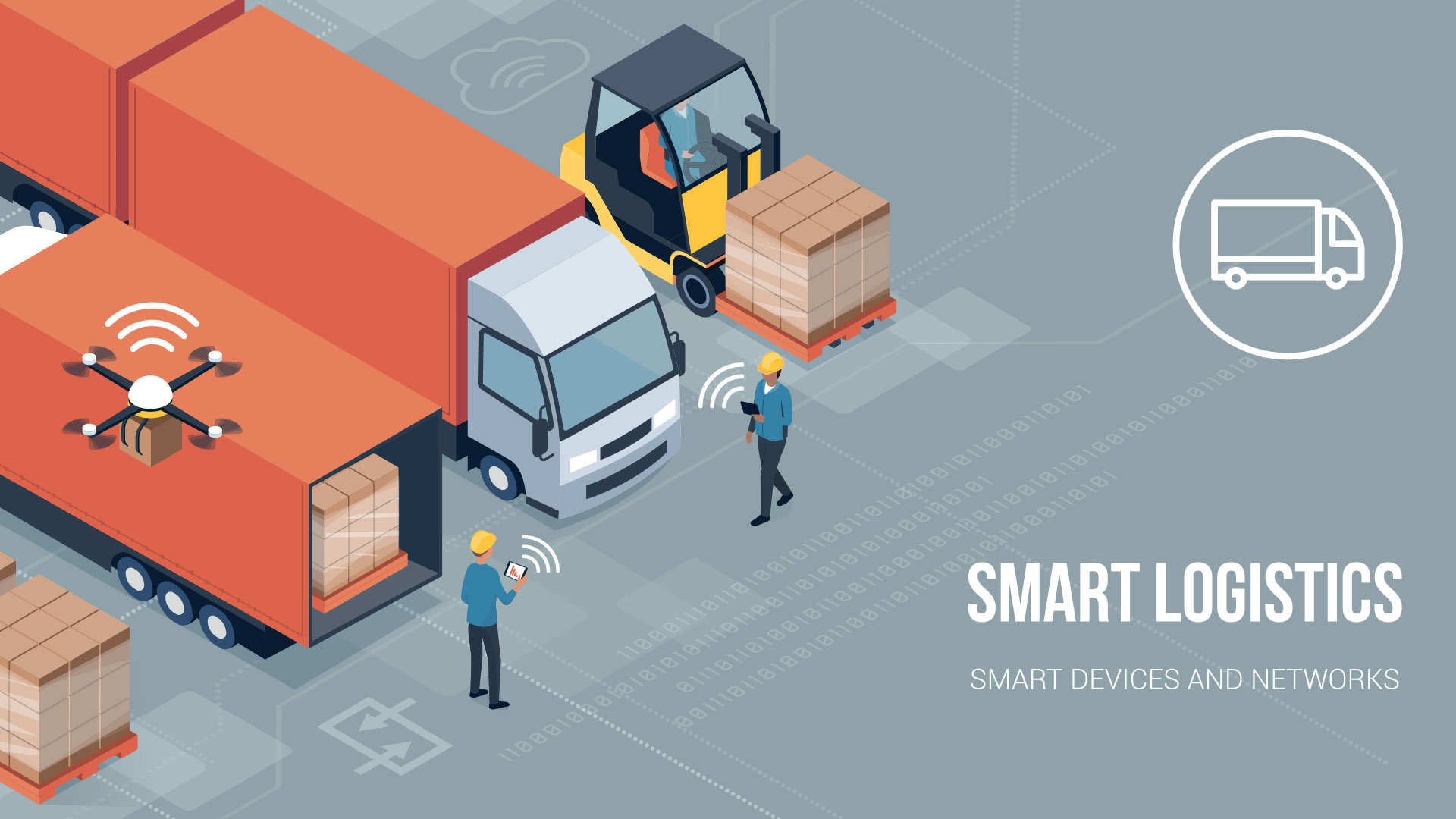Artificial Intelligence and Logistics
How AI can solve logistics problems and generate value.
Artificial intelligence has started to impact the logistics industry, along with the supply chain. We are seeing innovations such as smart roads and autonomous vehicles. In this article, we’ll look at five promising AI use cases in logistics. The potential value to be gained is huge. Research shows it can generate from $1.3 trillion to $2 trillion per year.The primary purpose of many AI implementations in the logistics industry is to automate time-consuming actions and save money. Many tech enterprises (e.g. Google, Amazon) are heavily invested in this technology and leading the field.
Intelligent and Automated Warehousing
In Andover, England, a large warehouse run largely by robots is able to fulfill 65,000 orders (approx. 3.5 million grocery items) over the course of a week. This is the full operational capacity of the “hive-grid-machine” that was designed and built by British online grocer Ocado. The automated and intelligent warehousing system is fully capable of moving, lifting, and sorting grocery items, which are then packaged and sent out by Ocado’s employees.While the tasks assigned to the bots seem simple enough, their primary mission is to use space as efficiently as possible. Ocado’s warehousing robots can stack stored items up to 17 boxes high. The algorithm that runs the operations places rarely ordered items at the bottom and frequently accessed items on the top. This minimizes the amount of time it takes to complete the majority of the company’s online orders. That’s fully in line with Ocado’s goal to “disrupt itself” – to continually improve its own technology, set the standard for efficiency in the warehousing, logistics, and hospitality industries, and eventually, sell their patented technology to other companies with similar requirements and concerns.

Comments
Post a Comment